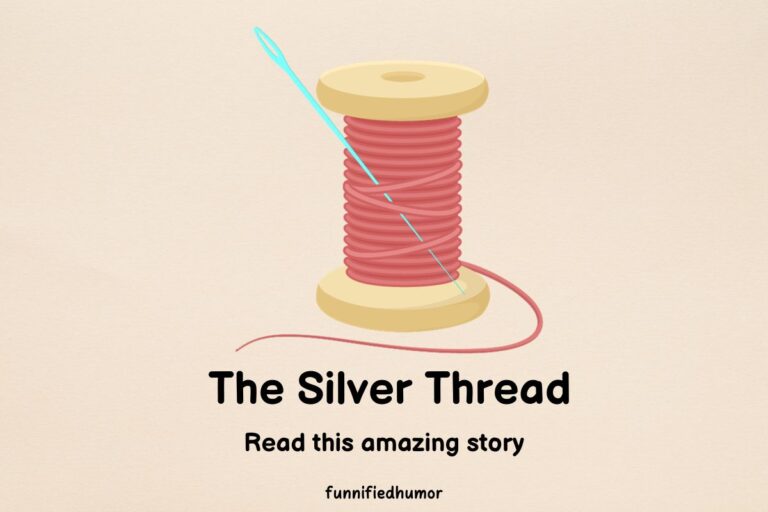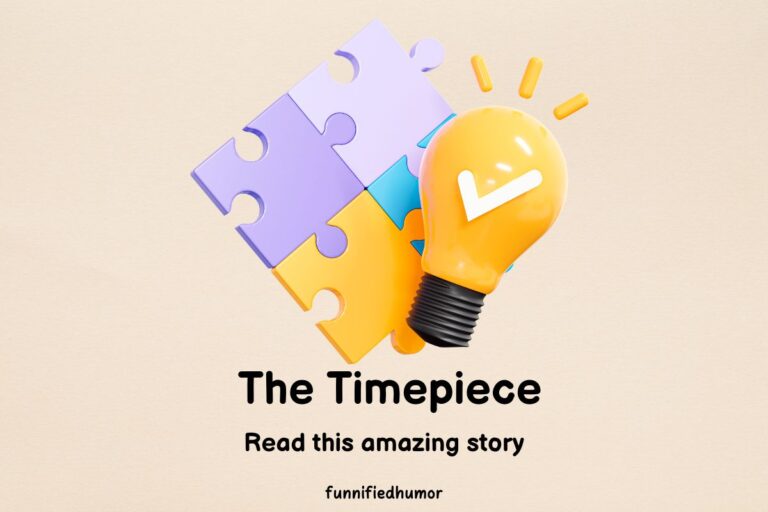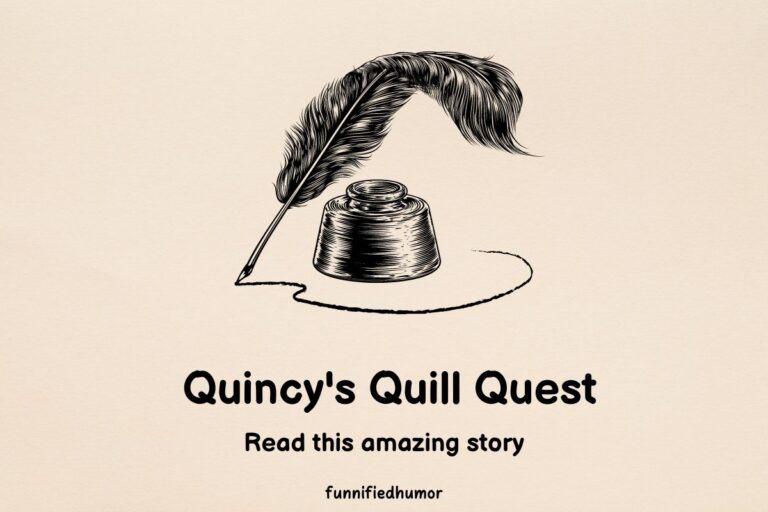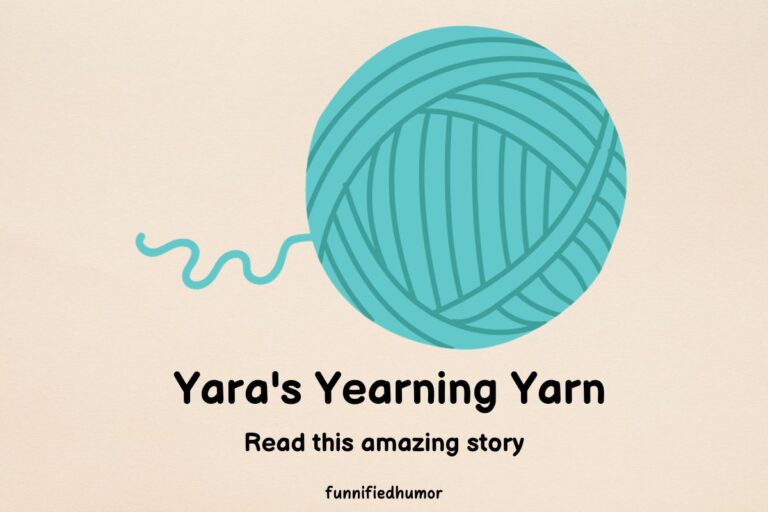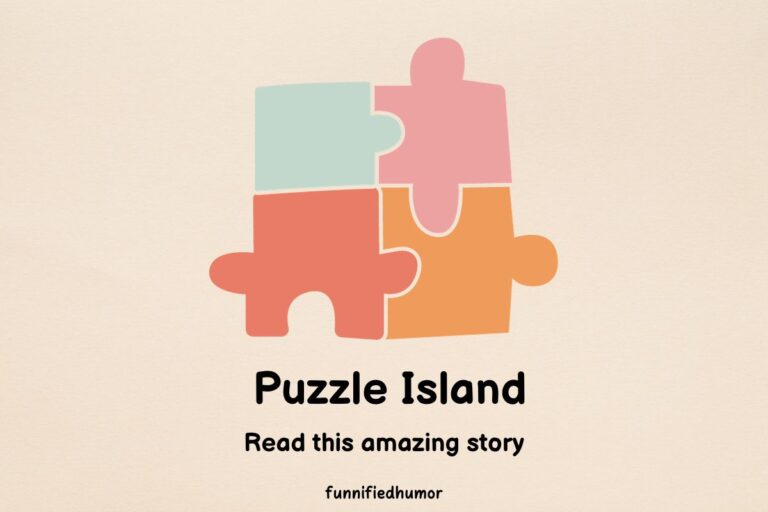Melody of Destinies
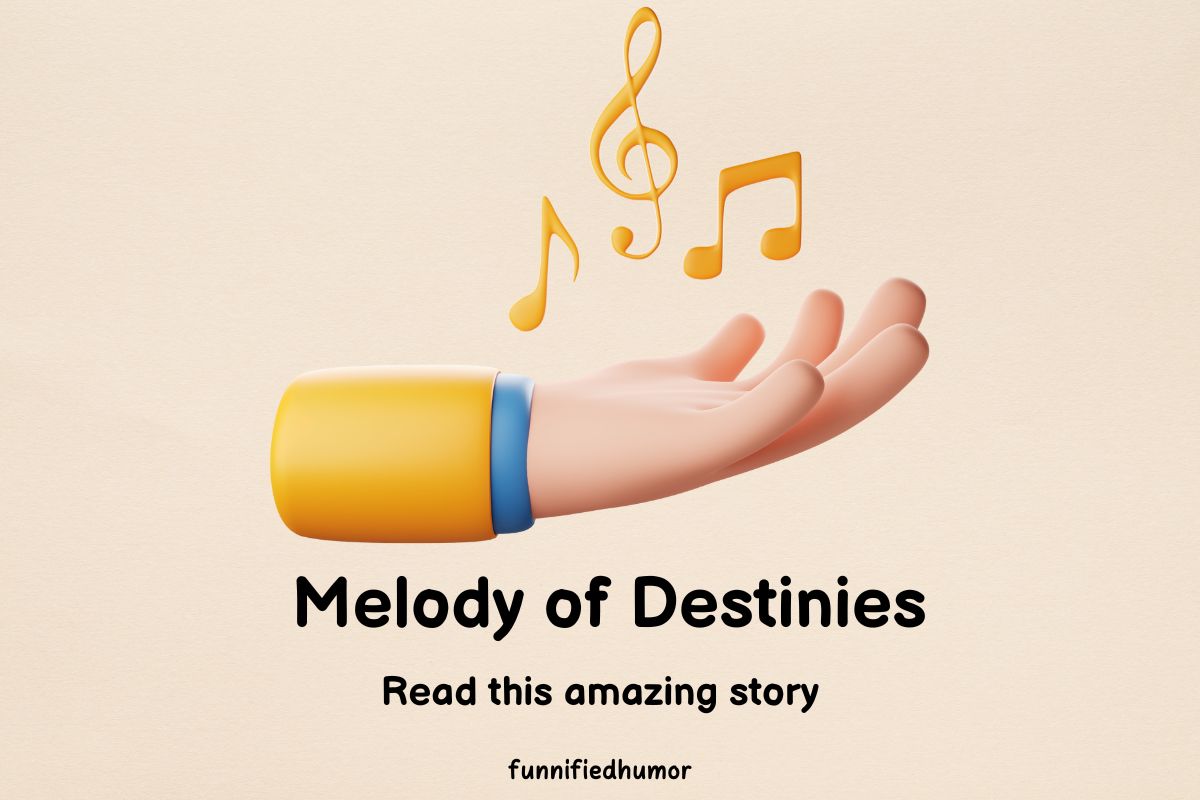
The city was always buzzing, an unending torrent of sound, sight, and smell. Horns blared, people shouted, and the exhaust fumes from vehicles mixed with the fragrance of hot dog stands and food trucks.
Yet, in one particular square, cushioned between skyscrapers and subway entrances, a different kind of resonance prevailed.
Emilio, a lean man with graying hair and a worn but radiant smile, sat on a wooden stool.
A battered guitar case lay open at his feet, filled with an odd assortment of coins and crumpled bills. His fingers strummed the guitar effortlessly, weaving a poignant tune that wafted through the crowd like an elusive perfume.
The same melody, the same song, every day. Yet, it seemed to gather an almost mystical power with each rendition.
It wasn’t just tourists and pedestrians who stopped to listen; a unique group of regulars found themselves gravitating towards Emilio and his music. Each person carried a different weight in their hearts—unspoken stories, untold secrets.
And somehow, this song seemed to bind them all.
“Ah, he’s here again,” sighed Clara, a librarian in her fifties. Her gray eyes sparkled behind her reading glasses as Emilio strummed the first chords of the song. Clara was the unofficial leader of this unnamed fellowship; she’d been coming long before anyone else had taken notice.
Henry, a construction worker still in his reflective vest, nodded. “He’s good for the soul. After hammerin’ and drillin’ all day, this,” he gestured towards Emilio, “this is like an oasis.”
“We’re all addicted, aren’t we?” said Leila, a younger woman wrapped in a fashionable shawl, her eyes concealed behind oversized sunglasses. “A few minutes of peace in this mad city.”
“Yes, but have you ever wondered why he plays the same song?” Clara asked, her eyes narrowing.
Leila shrugged. “I thought about asking him once. But then I felt like, perhaps, it’s better left a mystery.”
Emilio’s fingers danced on the strings, filling the air with a melody that seemed strangely out of place amidst the backdrop of urban chaos. A solemn joy radiated from his face, as though the music transformed him. For a brief moment, as the last notes reverberated through the square, the audience felt an eerie sense of silence envelop them, as though time had stopped.
And then, applause.
“Bravo! Bravo!” came a voice, rich with an accent that flirted with the boundaries of French and Italian.
Everyone turned to see a new face: a man, older but elegant, wearing a tailored suit and carrying an ornate cane topped with a silver lion’s head.
“Ah, my friend, your music! It is an epiphany! A transcendence!” the man exclaimed, approaching Emilio.
“Thank you, sir,” Emilio said modestly, his eyes betraying a hint of curiosity. This was the first time someone had used such grandiose language to describe his daily performance.
“May I?” the stranger asked, pointing towards an empty spot next to Emilio.
“Of course,” Emilio said, clearing a small space for the man to sit.
The man took a seat and turned to the crowd. “Ladies and gentlemen, may I introduce myself? I am Armand, a connoisseur of art, music, and the mysteries of life.”
A murmur of polite acknowledgment swept through the crowd.
“Now, dear Emilio, would you honor me by playing that beautiful song once more?”
Emilio smiled, adjusted his fingers on the frets, and began to play. But as he did, Armand closed his eyes and began to hum a counter-melody—soft at first, but slowly rising in volume until it melded with Emilio’s guitar, enriching it, transforming it. A shiver ran through the crowd. It was as though the square itself had come to life.
When they finished, Armand opened his eyes and met Emilio’s gaze. “Ah, we are but two strings on the same guitar, my friend. Don’t you think?”
Emilio nodded. “Indeed, it felt like that. But why? Why did you join me?”
Armand chuckled. “Ah, the power of music! It’s not just you and me; it’s everyone here. They’re all connected to this song in ways they don’t yet understand.”
“Interesting theory,” Clara interjected, stepping closer. “But are you suggesting that there’s a reason we’re all drawn to this music? Something more… tangible?”
Armand’s eyes twinkled. “Ah, madam, you’re asking the right questions. Sometimes music is more than just sound; it’s a key to locked doors. Doors to the past, to hidden emotions, or perhaps even to… destiny.”
The gathering felt a collective shiver. Destiny? The word hung in the air like an unsolved riddle.
Clara, Henry, Leila, and the others exchanged glances. They were all residents of the city, each engrossed in their own lives, yet this square, this song, had brought them together. Was there something more, something deeper, drawing them to this place?
“Shall we unravel this mystery together?” Armand proposed, looking around at each face. “Starting tomorrow?”
A nod of agreement passed through the group. As they dispersed, each person knew that the square had suddenly become a lot more than just an escape from the city’s relentless pace. It was now the backdrop for a compelling mystery, and they were all intricately tied to its unraveling.
Tomorrow couldn’t come soon enough.
The following day, as the city sprang to life in its relentless rhythm, there was an air of palpable excitement in the square. The usual hubbub seemed to pause momentarily, as if the very heartbeat of the city was waiting in anticipation.
Emilio arrived at his usual spot, greeting the early risers with a nod. He began tuning his guitar when Clara approached, clutching a well-worn leather notebook.
“Morning, Emilio,” she greeted with a warm smile.
“Good morning, Clara. Early as always?”
She chuckled, “Wanted to jot down some thoughts before our little mystery gathering today.”
Henry, Leila, and a few others from the previous day began to assemble. They exchanged greetings, their conversations filled with a mix of casual catch-ups and eager speculation about Armand’s words.
As if on cue, Armand emerged from a side street, the silver lion’s head of his cane glinting in the morning sun. “Ah, punctuality! The hallmark of eager minds and expectant hearts!” he exclaimed.
Emilio, fingers poised above his guitar strings, looked at Armand. “Shall we begin?”
Armand nodded and took his place. As Emilio played the familiar tune, Armand began to narrate a tale, his voice rich and compelling.
“Many years ago, in a city not so different from ours, there was a musician. He played a melody that echoed through the streets, a melody filled with love, hope, and sorrow. It’s said that anyone who truly listened to the song would find a piece of their past or a hint of their future in its notes.”
Leila’s eyes sparkled with intrigue. “So, it’s not just a song? It’s a story?”
Armand nodded, “Indeed, my dear. A story that binds us. This melody, the one Emilio plays, is reminiscent of that ancient tune. It resonates with certain souls, perhaps those with unfinished business or those seeking answers.”
Henry frowned. “But why us? I mean, I’m just a regular guy. I love the tune, sure, but is there something from my past or my future in it?”
Armand smiled mysteriously. “That’s the enigma we’re here to decipher. Perhaps the song speaks to a memory, an emotion, or a moment that shaped you.”
The group went silent, lost in thought.
Breaking the silence, Clara mused, “I remember a love from my youth, a love that was lost because of my own hesitations. Every time I hear Emilio play, memories of him come flooding back.”
Leila nodded. “For me, it’s a dream I once had—a place I’ve never been, but it feels so familiar when the song plays.”
Henry cleared his throat. “There’s a decision I regret every day. The music reminds me of the moment I made that choice.”
Emilio, who had been quietly listening, finally spoke. “For me, it’s a promise. A promise I made to someone dear and never kept.”
Armand glanced around the group. “You see, we all have a thread that ties us to this melody. Our challenge is to find out why and perhaps in the process, find closure or understanding.”
Clara, flipping open her notebook, said, “Why don’t we start by documenting our stories? Understanding our connections might give us a clue.”
Leila agreed, “And we could meet here every day, sharing our findings and exploring the depths of this mystery.”
As the group began sharing their personal tales and theories, a sense of camaraderie grew. Their individual stories, though unique, seemed to echo similar themes of love, loss, hope, and regret.
The sun began to dip, casting long shadows over the square. As the group dispersed for the day, each carried away a piece of the puzzle, an enigma wrapped in the strains of Emilio’s song.
Tomorrow, the exploration would continue. But for now, the city square held its secrets close, whispering tales of old in the gentle strumming of a guitar.
The next morning, the square was drenched in golden hues as the sun began its ascent. Despite the early hour, many of the group were already present, waiting eagerly. The resonance of Emilio’s song from the day before still echoed in their hearts.
Henry arrived with a photo album, its edges frayed and pages yellowed with age. He set it down next to Clara’s notebook, which now contained the intertwined tales of the group.
Leila, with a laptop in hand, said, “I thought it might help to look up any historical records or references about the song. Maybe the internet has some answers.”
Armand, ever the figure of intrigue, produced an old, ornate music box. “This belonged to my grandmother. When wound, it plays a tune eerily similar to Emilio’s song.”
Emilio, eyes widened in surprise, responded, “I learned this song from my grandmother as well. She said it was passed down through generations.”
The group exchanged glances. The threads of connection seemed to be drawing tighter.
Clara, ever the organizer, suggested, “Why don’t we start with Henry’s album? Then, Leila can share any information she found online. And finally, we’ll listen to Armand’s music box.”
Henry opened the album, revealing black and white photos of family gatherings, childhood memories, and long-lost friends. One particular photo caught everyone’s attention. It depicted a younger Henry with a group of friends, and in the background, a musician was playing a guitar.
“I remember this day,” Henry began. “We were celebrating a friend’s birthday. That musician, he played our song. We were all so mesmerized by it. It was the last time I saw some of these friends. Life took us in different directions.”
Leila, after searching her laptop, said, “There are mentions of a similar tune in various cultures, but one particular legend stands out. It speaks of a song that’s said to be ‘The Melody of Destinies’. The legend says that the tune has the power to connect souls across time and space, revealing hidden truths.”
The group sat in rapt attention, the weight of the legend pressing upon them. Was their song really the ‘Melody of Destinies’?
Armand wound up his music box, and as it played, a soft, haunting version of their tune filled the air. It was as if time stood still. The song from the box, the song from Emilio’s guitar—they were unmistakably one and the same.
Leila, eyes filled with wonder, whispered, “This song, it’s like a tapestry, weaving all our lives together.”
Clara nodded, “Yes, and our shared experiences, memories, and emotions are the threads.”
Armand added, “And maybe, just maybe, by following these threads, we can find answers, healing, or even destiny.”
The group sat together, each lost in thought, pondering the stories and revelations of the day. The square, once just a place of transit, had become a sanctuary of connection and understanding.
The puzzle pieces were coming together, but the picture was still incomplete. The search for answers would continue, guided by the strains of a song that seemed to transcend time itself.
The subsequent days saw the square transforming into a hub of activity and collaboration. More stories emerged, each linking back to the song in some form. Newspaper clippings, old records, diary entries – the square almost resembled a detective’s office.
On one such day, an elderly woman named Rosa, who had been observing the group’s meetings from a distance, approached hesitantly. Her face was a map of wrinkles, each telling a story of its own.
“I’ve heard your discussions,” she began in a voice quivering with age. “I believe I might have a tale to add.”
Armand, ever the gentleman, offered her a seat, “Please, share your story with us.”
Rosa took a deep breath, “Many, many years ago, when this city was but a town, a musician named Esteban played this very song in this very square. It’s said he learned it during his travels, from an old sage who claimed the melody was ancient, its origins unknown.”
Leila, ever the inquisitive one, asked, “Do you know what happened to Esteban?”
Rosa’s eyes misted over, “Esteban was my great-grandfather. He vanished one day, leaving behind only his guitar. My family searched far and wide, but he was never found. All that remained was his song, passed down through generations.”
Emilio, with tears in his eyes, whispered, “Esteban’s guitar… my grandmother gave it to me. She said it belonged to her grandfather.”
Rosa and Emilio looked at each other, realizing they were related, their lineage tied together by the song’s haunting melody.
“I’ve always felt there was more to the song than just notes and rhythm,” Rosa continued. “It’s as if the song has a life, a consciousness of its own.”
Armand, clutching his cane, mused, “The Melody of Destinies… It’s not just a legend. The song has been choosing its listeners, its keepers, throughout history.”
Henry, looking thoughtful, added, “And it brought us all here, together. Maybe we’re its current keepers.”
Leila, typing away on her laptop, exclaimed, “I’ve found something! An old article mentions a gathering similar to ours from about a century ago. People drawn to the song, sharing stories and memories.”
Clara smiled, “We’re not the first, and we won’t be the last. This song has a purpose. It’s a bridge, connecting souls, mending hearts, and revealing truths.”
The group sat in reverence, feeling the weight of their responsibility as the melody’s current guardians. The song had survived through wars, migrations, and the sands of time, always finding its keepers.
The puzzle was becoming clearer. The next step was to determine their role in the song’s journey and how they could honor and preserve it for future generations. The Melody of Destinies had chosen them, and they were ready to embrace their destiny.
One evening, as the golden hues of sunset painted the city, Clara arrived at the square with a suggestion. “I’ve been thinking,” she began, “If this melody has a purpose and a consciousness, as Rosa said, then there must be a central point, a source. Maybe we can find it.”
Henry, looking curious, asked, “How do you suggest we do that?”
“I remember an old tale,” Clara replied, “About a hidden labyrinth beneath our city. Legends say it’s a place of magic, where past and future intertwine.”
Leila, her eyes wide, added, “Yes! I’ve read about it too. Many have tried to find it but failed. The entrance is a mystery.”
Rosa, her voice firm, said, “It’s real. Esteban wrote about it in his diary. He believed the song was a key to the labyrinth.”
The group felt a surge of excitement. Was it possible that the song could lead them to this hidden place?
Armand, rubbing the lion’s head on his cane, remarked, “Songs, labyrinths, mysteries… It’s all starting to make sense. We should try to find this place.”
Emilio, strumming a few chords, pondered, “What if we play the song at various spots around the city? If the melody is truly a key, it might give us a sign.”
The group agreed to the plan, and over the next few days, they played the song at different historical sites, waiting for a sign. Days turned into nights, and nights into days, but there was no breakthrough.
One evening, as they played in front of an ancient, forgotten fountain in a secluded alley, something miraculous happened. The water in the fountain began to ripple in tune with Emilio’s guitar. And as the song reached its crescendo, a hidden passage slowly opened at the fountain’s base.
Armand, eyes gleaming with excitement, declared, “The labyrinth! We’ve found it!”
Leila, peering into the passage, remarked, “It looks like a maze of tunnels and chambers. We should be careful.”
With torches in hand, the group began their descent, guided by the echoes of the song. The walls of the labyrinth were covered in ancient symbols and murals, depicting gatherings like their own from different epochs.
As they ventured deeper, they arrived at a grand chamber. In the center stood a pedestal with an ancient, ornate lyre. It was said that the true keeper of the melody would be able to play the song on this legendary instrument.
Emilio, feeling a pull he couldn’t resist, approached the lyre. With bated breath, the group watched as he played the familiar tune. The chamber lit up, the walls resonating with the music, revealing inscriptions that told the tale of the song, its origin, and its purpose.
The song was indeed ancient, crafted by the universe itself as a tool to connect souls and heal wounds. Every era had its guardians, and it was now their turn to ensure its survival.
Emerging from the labyrinth, the group felt a renewed sense of purpose. The city square wasn’t just a meeting point; it was the heart of their mission.
And the Melody of Destinies would continue to weave its magic, binding hearts across time and space.

